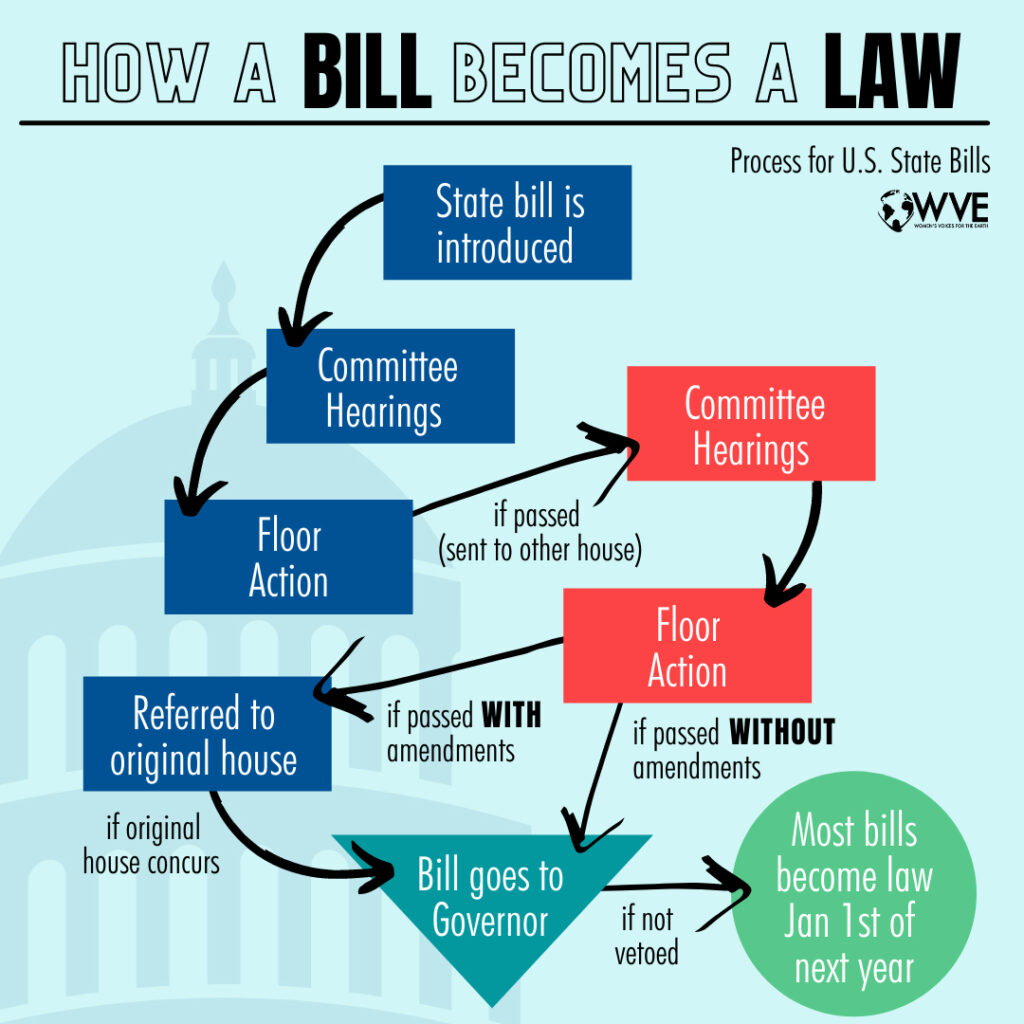Most founders won’t hear about HB 1666 until it’s too late.
Here’s what you need to know — before ownership disclosures, fines, or AG investigations start showing up at your door.
HB 1666 is Indiana’s latest legislative move aimed at increasing transparency in health care ownership and slowing unchecked consolidation. If you run a medical aesthetics clinic, wellness business, or any health care-adjacent practice in Indiana — especially with investors or growth plans — you need to be paying attention.
Check out the full HB 1666 here!
Who needs to be paying close attention to this:
- You’re a med spa, IV hydration clinic, hormone practice, or dental group operating in Indiana
- You’re using an MSO structure or have non-clinician investors
- You’re planning to merge, sell, or acquire a practice
- You’re expanding locations or services in 2025 or 2026
- You’ll be required to disclose ownership info to the state
Key Changes Under Indiana HB 1666
- Practitioner-Owned Practices Exempt from Transaction Notices (Effective July 1, 2025)
Previously, any health care entity involved in a merger or acquisition over $10 million had to notify the Indiana Attorney General 90 days before closing. Now, practices majority-owned by Indiana-licensed health care providers who actively deliver care are exempt from that requirement.
But this isn’t a blanket pass.
If you have passive physician investors, PE involvement, or if your licensed owners aren’t actively practicing, you could still fall under the AG’s radar.
Ownership structure matters. Operational control matters more. - The AG Can Investigate Market Concentration — Anytime
Starting July 1, 2025, the Indiana Attorney General doesn’t need a transaction notice to launch an investigation. They can now dig into your market share, structure, and influence at any time if they believe your growth strategy is contributing to over-consolidation or raises antitrust concerns.

This gives the AG broader reach to question:
✔️ Rollups
✔️ PE-backed clinic groups
✔️ MSO-heavy businesses where clinical and business lines are blurry
Just because your deal cleared in the past doesn’t mean your structure won’t be investigated next.
- Mandatory Ownership Disclosures Are Coming
Indiana is about to make ownership a matter of public record. Depending on your entity type, here’s what’s required:
For Hospitals — Starting July 1, 2025
✔️Annual reporting of all owners with 5%+ stake
✔️Disclosure of private equity involvement
✔️Business info including EINs, NPIs, and more
‼️$1,000/day fine for late reports
For Non-Hospital Health Care Entities — Starting January 1, 2026
✔️Biennial reporting of the same ownership data
✔️Medicaid participation details
‼️No fine yet outlined, but penalties may be enforced through courts
For Insurers, TPAs, and PBMs — Starting July 1, 2025
✔️Annual disclosure of identical ownership data
‼️Subject to fines and disciplinary actions
⚠️ What This Means for Med Spas and Aesthetic Practices
This law doesn’t care whether you call it a med spa or wellness clinic. If you’re delivering patient care in Indiana and growing with help from non-clinicians or investors, HB 1666 likely applies to you.
Ask yourself:
✔️ Do I know exactly who owns what in my structure?
✔️ Do we qualify for the practitioner exemption — and can we prove it?
✔️ Are my MSO agreements and roles crystal clear?
✔️ Are we prepared to disclose ownership info to the state — and back it up with documentation?
If not, now’s the time to clean it up — not when you’re 30 days from a merger or acquisition.
To Sum it Up:
This isn’t just about paperwork. It’s about who really controls your business — and whether your growth structure can withstand regulatory scrutiny.
State regulators are done playing catch-up with private equity. If your clinic is scaling fast or operating under an MSO, Indiana just sent a loud message: “We’re watching who’s pulling the strings.”
If you’re unsure where you stand — especially around exemptions, disclosures, or how your current model fits — don’t wait for the AG to ask. This is where strategy meets self-protection.
HB 1666 isn’t niche. It’s the start of a trend. Other states are likely to follow — and Indiana just became a test case for how hard regulators will push back against opaque ownership in health care.
If you’re growing or operating in Indiana, get structured now. Because the penalties for getting it wrong? They’re not theoretical anymore.
At Court Approved Aesthetics, I help founders navigate compliance without the confusion. Contact me here if you need legal support that actually understands your business.


+ show Comments
- Hide Comments
add a comment